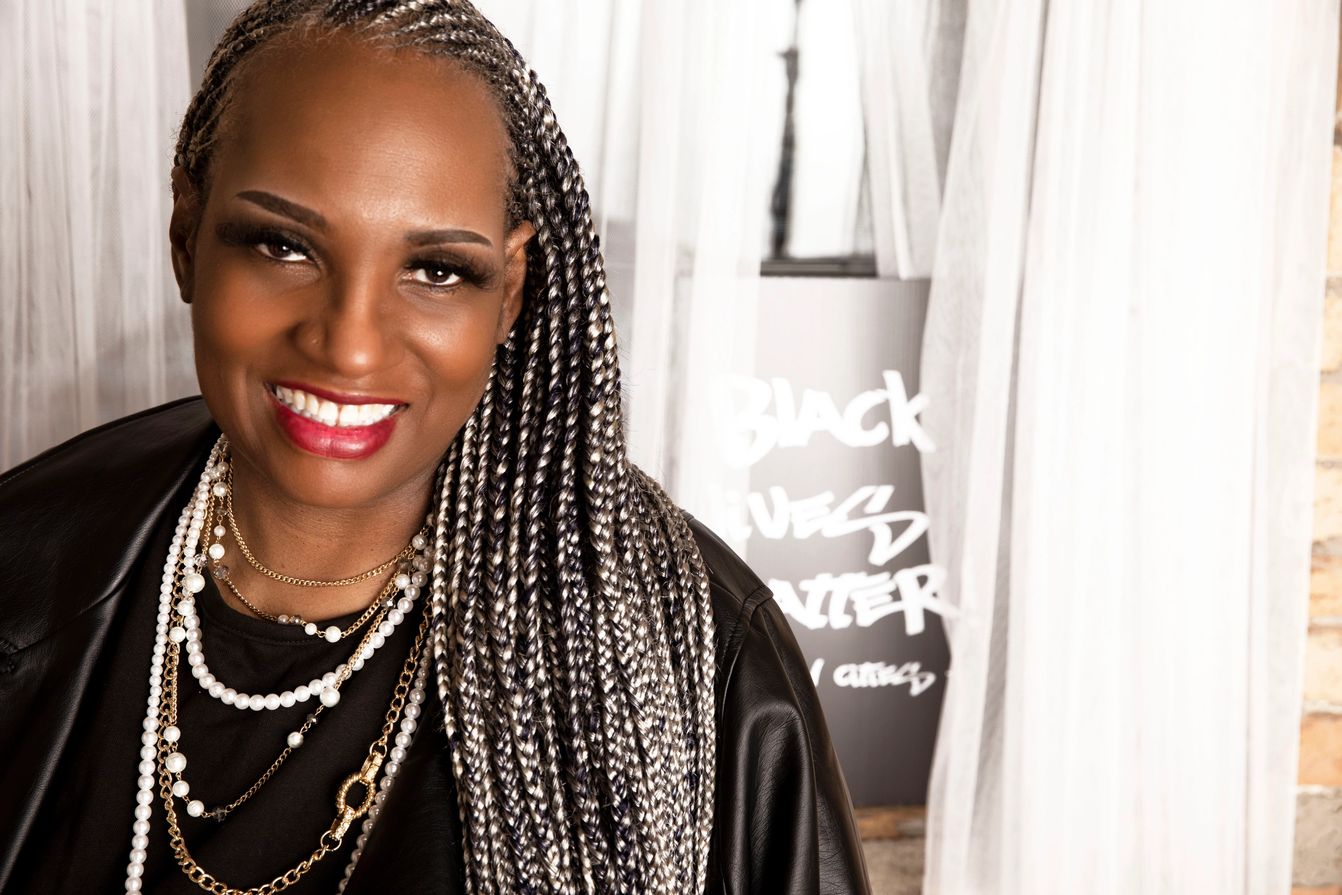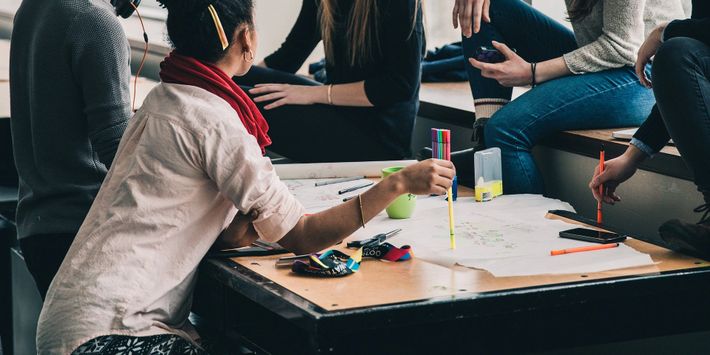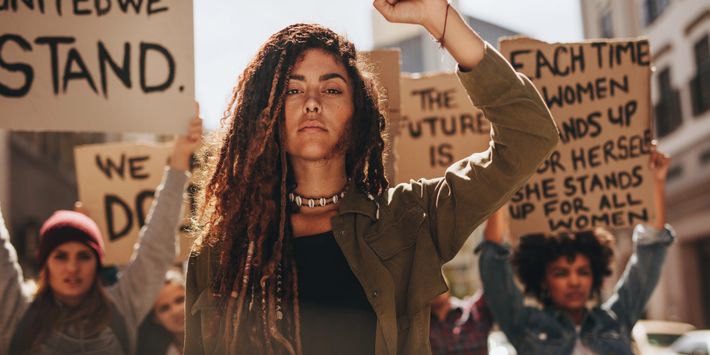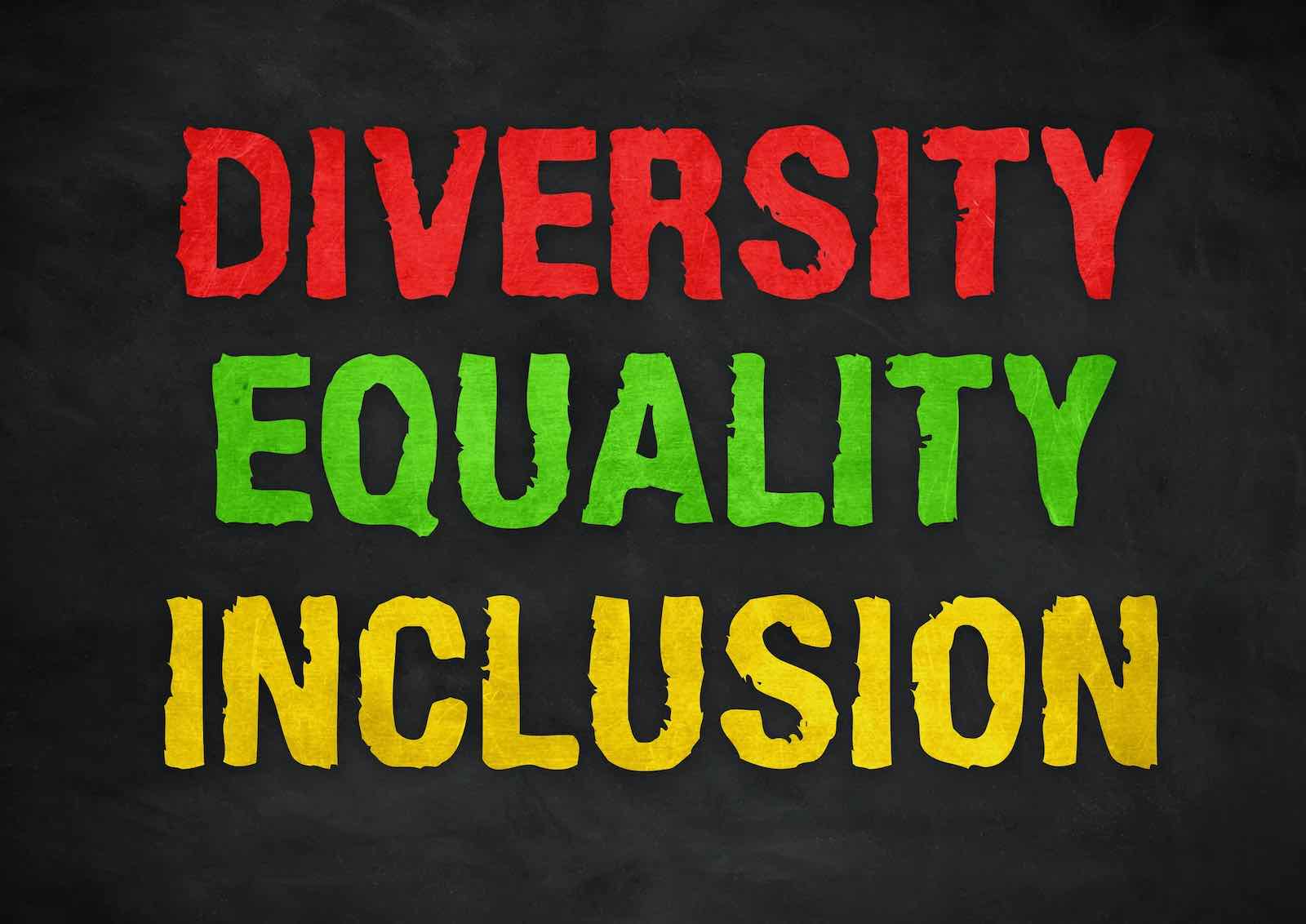Disrupting white supremacy requires interventions on structural, cultural, and individual levels. The intervention with the greatest potential is the ongoing work of antiracism.
Antiracism is the strategic intervention that cultivates ways of being and thinking that seek the dismantling of institutional and cultural practices that uphold white supremacy culture and systemic racism practicing antiracist behavior is crucial to creating a world free from oppression.
The concept of “whiteness” influences various existent systems within the United States. White supremacy produces a culture of domination that conditions systems, institutions, and people to uphold and legitimize whiteness and its ways as normal, standard, moral, and universal. This conditioning disproportionately harms people of color, normalizing a culture of violence, and disproportionately advantages white people.
Moving into an antiracist/anti-oppression mindset requires learning how to unlearn white supremist practices and implement antiracist/anti-oppressive practices in one’s personal and professional life. This is THE challenge.
All sessions: 12:00pm—3:30pm EST / 11:00am—2:30pm CST
Who is your trainer?

LaDonna Sanders Redmond
FACILITATOR AND INTERCULTURAL DEVELOPMENT TRAINER
LaDonna is a Qualified Administrator (QA) of the Intercultural Development Inventory (IDI) and Intercultural Organizational Development Consultant and Coach with Columinate. LaDonna Redmond is the former Diversity and Community Engagement Manager for the Seward Co-op in Minneapolis, MN. LaDonna led the co-ops diversity and engagement initiatives that contributes positively to organizational culture, marketplace competitiveness, and social responsibility.
LaDonna is a community activist who worked on several public health issues throughout her career such as substance abuse, violence and food justice. LaDonna successfully worked to get Chicago Public Schools to eliminate junk food, launched urban agriculture projects, started a community grocery store and worked on federal farm policies to expand access to healthy food in communities of color. LaDonna is a 2003, WK Kellogg Food and Society Policy Fellow In 2009, Redmond was one of 25 citizen and business leaders named a Responsibility Pioneer by Time Magazine. LaDonna has a popular Tedx talk, Food + Justice = Democracy.
Who is this for?
This workshop is for all participants of all racial identities. Taking a somatic or body centered approach, this workshop will help build the emotional resiliency, endurance and stamina necessary for sustained anti-racism work.
Preparation for the Course
Participants are required to take the Intercultural Development Inventory® or the (IDI®). The IDI assesses intercultural competence—the capability to shift cultural perspective and appropriately adapt behavior to cultural differences and commonalities is essential to DEI work. The IDI can help assess current capacity and identify potential blind spots in the execution of the DEI strategy.
The Intercultural Development Inventory is a 50-item questionnaire available online that can be completed in 15–40 minutes. The participants will receive their IDI scores and a 40 minute 1:1 coaching.
Additionally, participants should consider taking the Intercultural Conflict Styles Inventory (ICS®) assessment. Learning communication skills that include conflict resiliency is important to the success of DEI programs.
* Please note: If you have taken the ICS assessment, please have your results and guide accessible during the workshop.
Session Descriptions
1. Day One: Framing the Work
Day one will explore the social construct of race and the history of whiteness. Other topics include examining power and privilege in society based on the intersectionality of identities; and examine the impact of systemic racism and oppression on bodies of culture.
In this session, white folks and people of culture, will embrace the mind set of antiracism by reflecting on their individual and collective contributions to the larger systems around us and how to move forward in their personal and professional lives in support anti-racism.
2. Day Two: Developing an individual practice
This workshop is a call for participants to heal from racialized trauma. We know that trauma lives in the mind and body. Making the connection between the work of supremacy dismantling oppressive systems and dismantling internal systems of domination and oppression is crucial. This requires both individual and collective accountability for our roles within these systems. By exploring the difference between being non-racist, actively antiracist and anti-oppression; participants will co-create action steps for accountability; and learn to name and combat racism in practice.
* Taking the Intercultural Development Inventory is required.
LaDonna Sanders Redmond
FACILITATOR AND INTERCULTURAL DEVELOPMENT TRAINER




